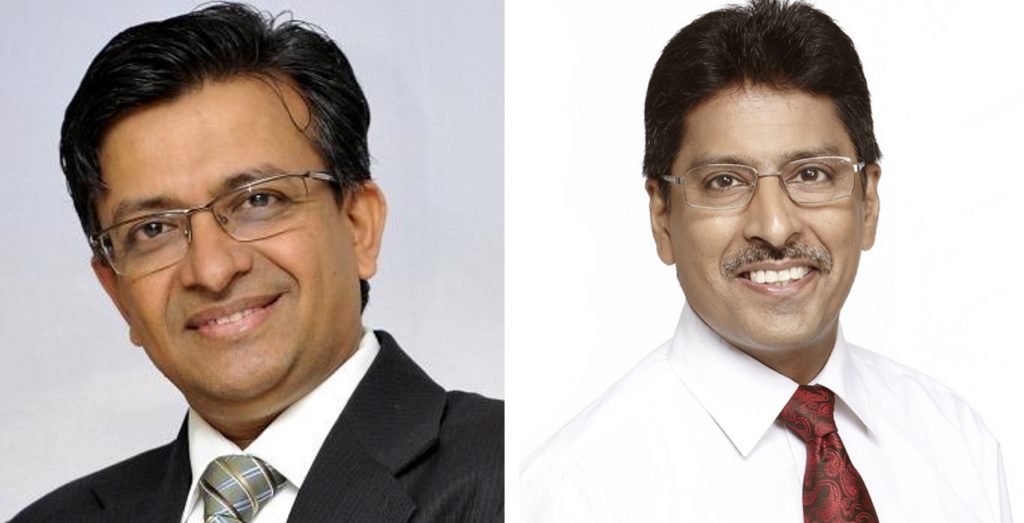The role of HR has evolved tremendously over the years, but what remained intact is its responsibility of bringing people together and ensuring they work in harmony.
From being referred to as industrial relations to the personnel department, the human resources function has grown and transformed tremendously. With the changing needs of the work environment and evolving workforce dynamics, the role of HR has also changed in various ways. However, one thing that has remained intact and which forms the basis of HR is its responsibility of bringing people together and ensuring they work in harmony.
Everything, right from getting talent on-board, to helping them grow with the organisation, it is about ensuring strong professional relations at the workplace. It is the responsibility of HR to enable an environment, where healthy relationships foster. In addition to all the administrative and procedural tasks that human resource professionals are supposed to perform, their biggest contribution to the success of an organisation is always their ability to build trust, a great culture and a nurturing environment that helps people perform at their best.
That said, is it not unfair to address the function with a name that does not fully resonate with its core purpose? SV Nathan, senior director & chief talent officer, Deloitte, shares that he does not really like the word human resources. In fact, in his organisation, they like to address the function as ‘talent’ instead of HR.
“By calling it human resources, you are equating it with other resources, such as capital, infrastructure and so on. It also actually debases the value of what humans can bring in.”
SV Nathan
Humans are biologically designed to be social beings and that applies to the workplace as much as to life. In fact, in the workplace, business success is directly proportional to the kind of people dynamics, teamwork, collaboration and how human interdependencies are utilised for business benefit. Nathan is also of the view that a majority of issues in organisations are because of problems in human relations in the workplace.
Relationships are the most crucial, yet deprived of the much-deserved attention, in the workplace. “It is something that in the present times is least understood, not in terms of cognition but at an emotive level,” says
Nathan.
He also shares that businesses bring together a host of talent to get their tasks accomplished and in trying to release that talent, it is extremely crucial to appreciate the importance of human relations. He asserts that, appreciation, acknowledgement or simply how you treat people and the kind of relationship you share with someone, significantly impacts performance and also reflects in business results. “For instance, if I know I can trust someone for a particular job and I let that person know about it too – that simple acknowledgement will bring about a remarkable change in their performance,” he shares.
In addition, Prabir Jha, global chief people officer, Cipla, believes that the aspect of humanising work places does not mean that HR heads need to become only human relations people. He feels that they must have empathy, the ability to understand complex interrelationships and power politics that are central to influencing.
“To enable talent resources to be best deployed, the intersects are beyond just human relations. To be able to play at this intersect of technology, people, business, consumer, regulations and righteousness is what HR must steer towards. Hence, a chief organisation officer, not just a human relations officer!”Prabir Jha
While it is an established fact that organisations can expect efficiency and success only on the tenets of strong human relations, a conducive environment and how people are treated, at times it remains embedded only in the subconscious. Now, it is the HR function that not only needs to highlight its importance but ensure that human relations form the basis of everything they do.
In fact, the whole foundation of HR is built on strong relations, trust, a nurturing environment and selfless service. Moreover, in places where HR hasn’t lost the human touch, people are doing well and tend to stay longer.
In line with Jha’s perspective on power politics and interdependencies in the workplace, Nathan is also of the view that, everything falls in place where there’s balance of power, equity and fair play. “To be a good HR professional, one should first be a good human being or rather human ‘doing’,” he concludes.




5 Comments
HR can call themselves whatever they want to be called but will that change what they do?
It is called as “Human Potential Development” (HPD) in Nagarjuna Fertilizers and Chemicals Limited…!!
Yes, that is the line HR fraternity must work on. But, to do this, we must learn to respect the relationships, beyond our ego priorities. I have been emphasising the same in my dozens of articles in HR Katha, in the name of IR.
I fundamentally think this is the wrong question. It isn’t in a name – you can call me a dog but that doesn’t make me one. Our work with organizations using the People CMM showed that it really is about transformation of HR and management to attract, grow, develop and manage (with analytics) their workforce and the competencies that they possess.
People, HR, HRD, HCM, Potential Development!